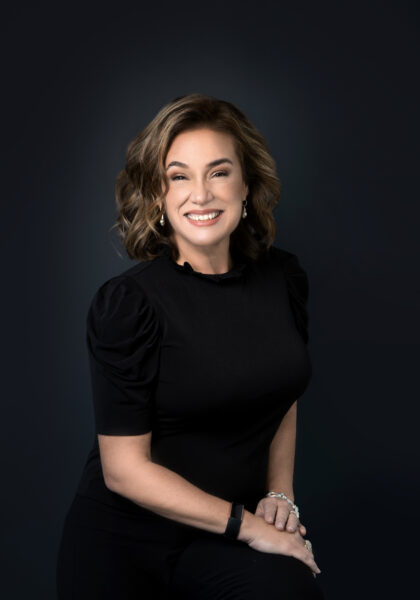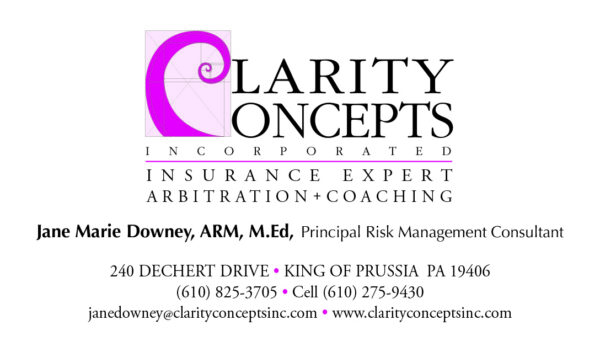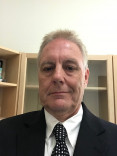Results For Articles or Consultants
Management
“By investigating a case aggressively at the outset, it was often possible to have a developed factual matter for analysis within 90 days, maybe as long as 6 months, depending on the cooperation of any third‑party claimant and other sources of information. By having that development, one could set accurate reserves earlier. The insurer would know where it stood, and actuaries could also have access to that data and reassess a particular book of business or a particular program to see how profitable it may be over time and make adjustments, rather than canceling a program as unprofitable, should development and accurate reserve setting take longer, such as years versus months.
Another important function was the interaction between claims handlers and underwriters. The two go hand in hand. Underwriters have a certain view of the world and ways they want to approach coverage, but it’s the claims people who must handle the result and keep up to date with the latest case law affecting liability and/or coverage. Such teamwork results in tighter and more successful programs including decisions as to whether or not policy language needs to be changed or the need to add additional exclusions based on developing appellate decisions that might create new perils. That level of communication was important, especially for innovative insurance companies. Where the intent is to cover something as communicated to the applicant, the claim department might not be aware of it, resulting in a claim denial.”
Michelle Villarreal began her claims career over 30 years ago, with Cigna Companies while attending St. Mary’s University in San Antonio. She is the President and CEO of Occupational Accident Risk, Inc, a Third Party Administrator specializing in Texas work injury programs. They have been in the Third Party Administration industry since 2006, offering services…
This article discusses some of the physical risks adjusters face in fieldwork and the emotional risks they face in an increasingly stressful claims arena. It offers tips and solutions for both adjusters and those who manage a claims team.
“What are some of the additional problems raised however by following the concept of being only an order taker? You have a customer that comes in your office who says I have a business and I need insurance. What do you recommend? How does in the insurance agent or broker therein not give advice by answering the question. Are they supposed to say
“what is it you’re worried about? We have numerous commercial policies we could provide , then we could confirm we will provide it depending on what your needs are and as you know, you must have Worker’s Comp. Perhaps you might consider should insuring your property, or consider insuring your business for liability. What are your concerns and what are your needs? “
I can’t imagine any consumer of any kind would want to do business with a broker that would fail to advise them as to what might be needed. But let’s take it a step further. I don’t know any Insurance Broker that would advertise that they have no duty to advise, guide or direct clients as to the appropriate types of insurance coverages for its business operations. But there is another reality that is ignored. That is, your average insurance agent or broker with five years experience in any line, whether it be Personal Lines, like homeowners and auto, or Commercial lines knows more about the ins and outs and extensions to coverage of the insurance policy and what may be needed by an Insured than any Insured regardless of sophistication.”





